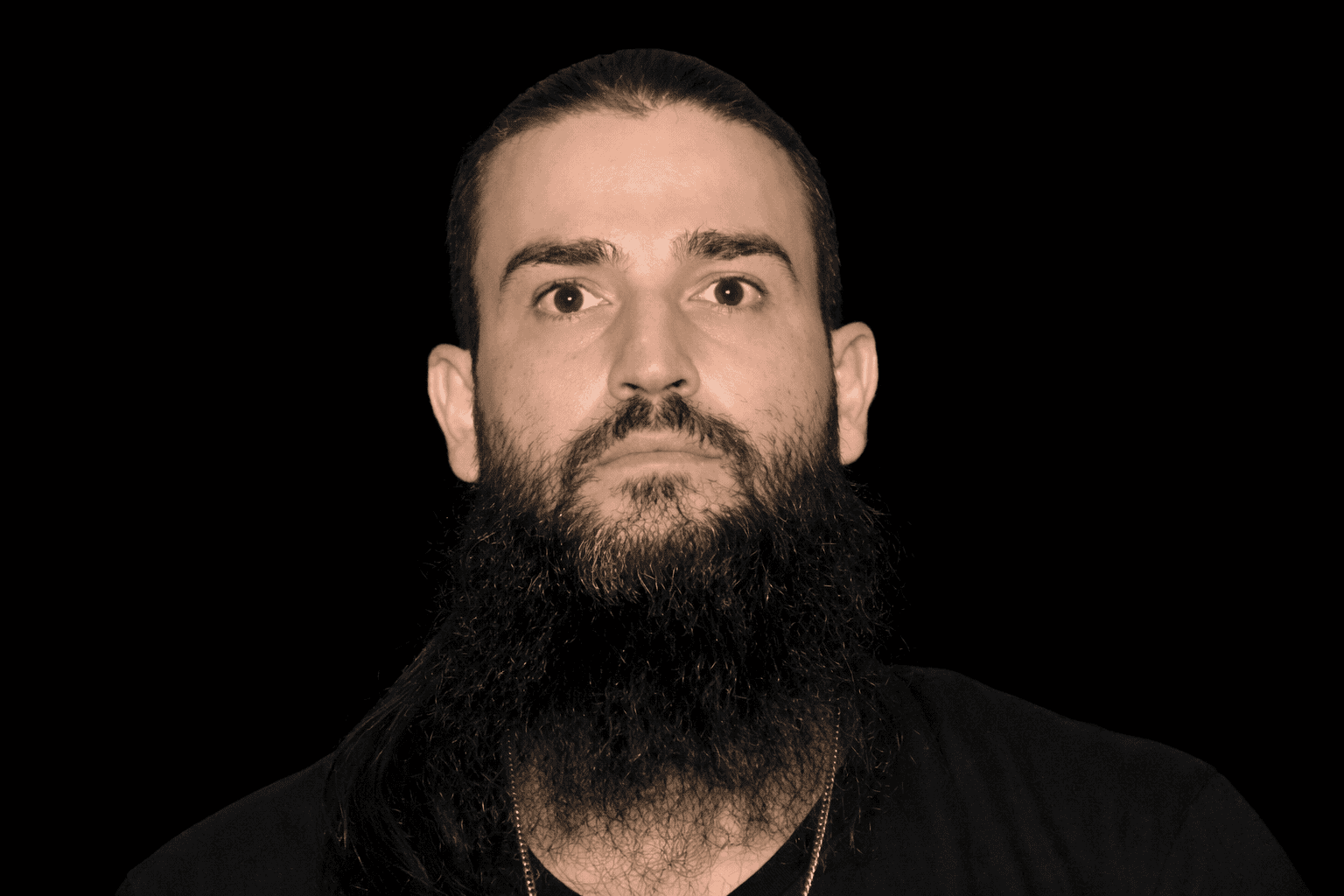It’s Been a Long, Long Time
Some excerpts from a book by a local author.

This is a true story about the men and when they were fighting for survival of themselves and their countries. These are the lives of my mother and father.
* * *
Prologue: They were in the cramped cellar among the wine bottles and root vegetables for about an hour when Francine, who was sitting next to the door, thought she heard something. Over her mother’s protests, she opened the door just a tiny bit.
Everything was very still. It seemed as though there was not even a bit of air outside. And then, she heard the sound again. It was light and sweet, the sound of many voices singing in another language. She didn’t understand the words. The singing became louder, and she flung open the door to really hear it.
There was no sound of trucks or guns. There were the sounds of the singing voices and, then, she could hear the sound of marching feet.
Her mother tried to hold her back but Francine was determined to see, and she crept alongside the house as far as the gate and kept herself hidden from the street by a large bush. The singing was really audible now; so was the marching.
The voices were sweet, but could not drown out the sound of boots pounding on the stone pavement. They must be at the top of the street, Francine thought. There were hundreds of soldiers marching right down Rue Virgile and making their way to the nearby Chausee Ninove leading them into the heart of Brussels.
Francine watched the soldiers in uniforms they had become familiar with in the newspapers and in the newsreels at the cinema. There were thousands of German troops coming from the vast fields that lay to the north and east of them and they were pouring down into every neighborhood in this section of greater Brussels known as Anderlecht. There was no army to keep them out. What happened in Poland eight months earlier was happening to them now.
Resistance: “I suppose you wonder why I am here, Suzanne,” he finally began.
“Why, of course, Amand. You are always with Ivan when you come to visit. I hope nothing is wrong,” his best friend’s sister replied.
“I won’t waste time. Nothing is wrong presently, but of course everything is wrong. I don’t have to tell you. Your brother and husband are in danger every day of being arrested,” Amand said.
“Yes, of course. Please go on,” she prompted.
“I’ve joined a group here in the city,” Amand said. “It is a Resistance Group.” The last words hung in the air, and Suzanne grasped the importance of them.
“We are doing things to protect people right now,” Amand said. “Later we will decide ways we can harm the Germans.”
Suzanne was staring intently at his face. She liked the way he spoke and the confidence that came from the words rushing past his wide lips and full mouth. It was a face she knew she could trust. “Go on, Amand.”
“We need someone to do forgeries, Suzanne. To make false identity papers for some of our group members and for others that may come under suspicion by the Gestapo,” Amand said.
“So why are you telling this to me, Amand?” Suzanne wanted to know.
“Because I think that forger could be you,” he responded.
Suzanne stared at him incredulously and took a minute before she responded. “Why would you think such a thing, Amand?”
“Because you are an artist and designer,” he replied. “I’ve seen some of your work. It is meticulous and very detailed. I know you can learn to forge the papers and the signatures.”
Survival: The prisoners stood in the damp night air for at least 30 minutes before Schmitt finally addressed them. “Some of you will be leaving our prison today,” he began in a loud voice that they could all hear. “You will be taken to the nearby city of Mechelen. From there you will be sent to work in camps that need more laborers. With your departure from Breendonk, we will have more room to accommodate new prisoners here.”
Schmitt spoke only in German. The commandant of Breendonk knew that most of the Jews understood him because they spoke that dreadful dialect of Yiddish that bastardized the purity of the German language.
“The lieutenant will read the list of those going to Mechelen. Come forward when you hear your name.” Schmitt turned to his lieutenant and handed him a folio with the names. Schmitt moved to the side and stood with his aides as the lieutenant began reading the names.
Maurice felt the fear grip the pit of his stomach. Usually the pain in his and every other prisoner’s stomach was hunger. This was far worse. He remembered that in August there were Jews removed from the quarry yard and they did not return. Sometimes they would hear the sound of gunfire from the firing squad when prisoners were executed. Those were mostly the gentile prisoners. The political prisoners as he had once thought he would be.
About a dozen names had been called out and the men shuffled to the front of the lineup. “Popovsky, Steinberg, Stern,” the lieutenant called out and Maurice realized that there hadn’t been any names with M’s called. He was safe!
When the officer was finished with the names, another man in uniform came to lead the group of twenty away. The Jews from the two cells let their eyes follow the column of their fellow prisoners until they went around a corner and they stared ahead. They were not dismissed. So they stood in their rows until daylight made the autumn sky turn a murky gray. The prisoners stood for another hour.
The Nightclub: The nightclubs were in the cellars of the beautiful old guild buildings of the Grand Place. Many had been wine cellars but the owners had found more profitability in running nightclubs catering to all of the young people wanting to forget the German occupation. The sisters entered Corso and checked their coats. Suzanne turned to look for a table and noticed a tall American soldier jitterbugging by himself as the band played “Is You Is or Is You Ain’t My Baby.”
More people started coming onto the dance floor, and Suzanne felt she couldn’t move out of the way. His eyes met hers after a moment, and he continued his lone dance as his friends, seated nearby, cheered him on.
The sisters moved to the right of the dance floor and were about to take seats at a small table when Francine saw friends from work a few meters further. She told Suzanne to follow her to their table, but her sister stayed where she was and stared at the American. Suzanne felt her face blushing as she kept eye contact with the G.I. When the tune was over, he walked towards her, his dark, wavy hair falling over one eye.
“Bon soir, je m’appel Jack,” the American said to her.
“Bon soir, Suzanne,” she replied hesitantly.
Jack smiled at her. “Will you dance with me?” He held out his hand so she would understand his English. A Benny Goodman piece started to play and they walked the few steps to the dance floor.
* * *
It’s Been a Long, Long Time, by Marianne Lods, is available at amazon.com/Its-Been-Long-Time/dp/1482799758











